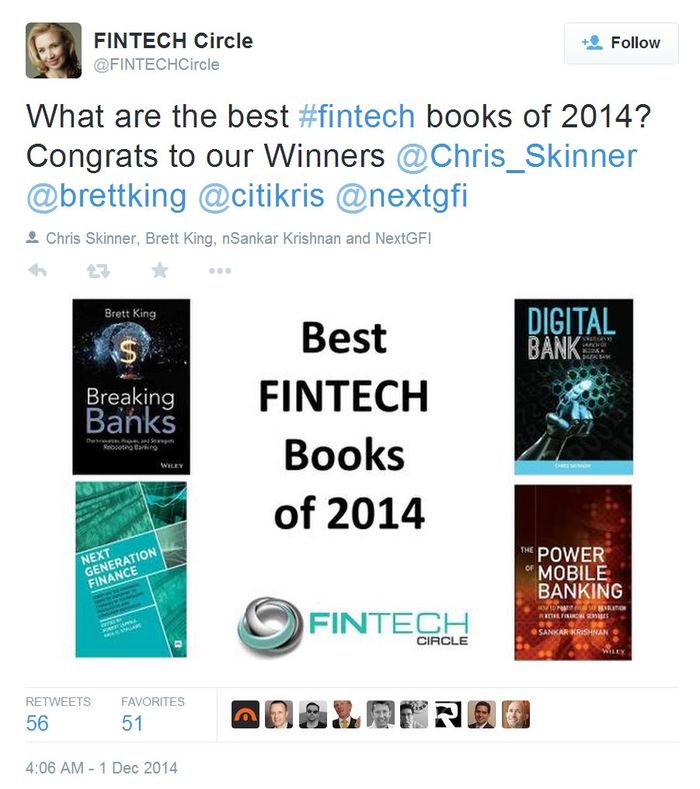
At the start of the year, I posted a range of views for the outlook for 2014 and, on reflection, things didn’t quite turn out as we thought. Here are a few comments on the start of year outlook, with the summary view outlook for the year in italics to open each section.
Economy
Generally, the economic outlook is still uncertain, but it does look as though the macro-economy will improve and that 2014 should be better than the last five years.
I guess this didn’t prove true everywhere with Russia’s aggressive stance in Ukraine causing a sanctions rift that has seen its economy tank. That was just part of equation however. China has seen its slowest growth rates for years at just seven percent in 2014, although most of us would be happy with that level of growth. Europe is still depressed and is threatening to fall back into further recession next year.
Other parts of a gloomy year in 2014 included a decrease in the flows of foreign direct investment (a key measure of growth prospects); there appears to be an increasing move towards protectionism rather than globalisation which, as a result, has seen global trade is increasing at a rate slower than production. In fact, demand is now struggling to keep up with supply.
The only good news seems to be the USA, which saw growth at 4.2% and a clawback of over eight million jobs, bringing the American economy back to the levels of buoyancy from before 2008. Maybe that is why there has been a 19% increase in the number of billionaires around the world in 2014, according to Forbes’s annual billionaires’ list. There are 1,645 billionaires on the planet, including 268 new ones, which is the biggest annual increase since Forbes started counting in 1987.
Regulations
The Banking Union, the Banking Reform Bill, the European Markets Infrastructure Regulation (EMIR), MiFID2, Basel III, SEPA end-dates and more are turning the industry upside down.
This was true to an extent but, equally true, banks managed to persuade regulators to ease back on quite a lot of regulation. Just this week in the USA, the Democrats accepted Republican demands to ease regulations including the banking provision that would have caused investment banks to shut down their SWAPS divisions, a significant victory for big banks.
Meanwhile, in Europe, it’s far more confusing with a diverse chasm between UK regulatory views and those in Brussels. As Raoul Ruparel, Head of Research at Open Europe, states: “after so many changes in banking regulation, it’s hard to know who does what”. What this means in reality is that banks are using the arbitrage between the UK and EU view to gain traction where possible.
Innovation
A big focus in 2014 will be innovation.
This was an understatement if anything, as 2014 saw the fintech world come of age. Everywhere I looked, people were talking fintech, fintech, fintech, and the investments in this area shot through the roof. With VentureBeat putting it succinctly by saying: “2014 may well have spelled the tipping point of real change and/or disintermediation in the sector with total investments reaching $2.97 billion in the last year”.
In fact, I have seen so much discussion of fintech investments and start-ups, that I’m going to call it a bubble. Best illustration? When Lending Club – a firm a $6 billion handbook that generates $160 million revenues and losses operating at around $6 million a quarter – can get a valuation of near 70 times earnings at $10 billion post IPO, this is definitely a fintech bubble.
As Forbes puts it: “this valuation exceeds the valuation of some of the largest banks in the country including Comerica, City National and CIT Group, and marks the 18th largest IPO of the year.
The thing about bubbles is that bubbles always burst. This one may burst around 2016, as it’s still got legs, but it’s definitely a fintech bubble that’s arisen.
Technology
The demands from customers are much greater, fuelled by digitisation and 2014 will see the digitisation of the customer relationship explode.
I think this one was pretty much spot on actually, as illustrated by my shameless plugging of my book Digital Bank, which has fairly consistently stayed in or around the Top 10 banking books of 2014. You don’t need to take my word for it, as one of the tweets running around my network regularly for the last week was this one:

Now I know from the comments, calls and demands for my time to talk about the book that this is hot, hot, hot, but I think this is aligned with the comment I made in the last section on innovation – it’s all to do with fintech being hot, hot, hot. It won’t last but, whilst it does, let’s ride that wave.
Nevertheless, this section is about more than just fintech. It’s about the change in banks, best summarised by Antony Jenkins at Barclays who, like me, called the universal bank model dead the other day:
“The universal banking model is dead,” says Antony Jenkins, Barclays’ chief executive — and not only because of tougher regulation and capital requirements. Mr. Jenkins says the need for vast investment in technology to stay ahead of the rapid wave of digitisation sweeping the industry means the bank he took over in 2012 has to be more selective.
“It is not all about capital. It is also about investment in technology,” he says. “We believe that technology is going to drive competitive advantage in this industry and you can’t afford to invest in technology in every place — so you have to pick where you have that competitive advantage.”
So there you have it.
I think the outlook was not bad in terms of spotting some of the key things like fintech and digitisation. However, the regulatory agenda has stuttered a little this year, compared ot prior years, and the economic situation could have been better if it hadn’t been for that Russian Bear and other issues.

In terms of the outlook for 2015 … that’s the start of my blogging for next year. See you then.
Chris M Skinner
Chris Skinner is best known as an independent commentator on the financial markets through his blog, TheFinanser.com, as author of the bestselling book Digital Bank, and Chair of the European networking forum the Financial Services Club. He has been voted one of the most influential people in banking by The Financial Brand (as well as one of the best blogs), a FinTech Titan (Next Bank), one of the Fintech Leaders you need to follow (City AM, Deluxe and Jax Finance), as well as one of the Top 40 most influential people in financial technology by the Wall Street Journal's Financial News. To learn more click here...

